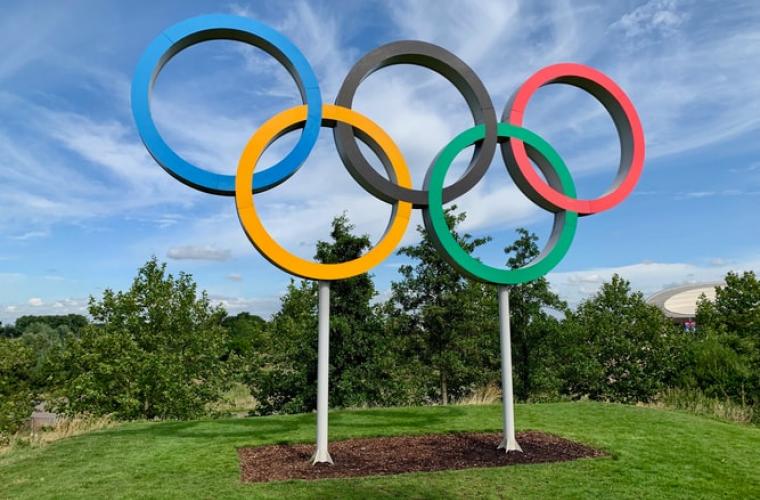Investment in sport and leisure facilities, from financial support, to strategic partnership working between central and local government and community organisations is essential in increasing the development of young people, preparing them with vital life skills and healthy habits.

The legacy of Team GB’s success during this summer’s Tokyo Olympics risks being lost without further investment in grassroots and community sport facilities, the Local Government Association says today.
Councils provide the majority of public swimming pools and leisure facilities. However, they are expensive to build and maintain and with increased pressures to divert funding from sports to fund statutory services such as adult social care and children’s services. The pandemic has also resulted in many leisure facilities facing additional financial pressures.
The LGA, which represents councils across England and Wales, said 63 per cent of main sports halls and 60 per cent of swimming pools are past their expected lifespans or overdue refurbishment, resulting in some facilities remaining closed after the pandemic and in need of costly repairs.
Sport England has provided effective support and investment in infrastructure, but their funds are oversubscribed, so the LGA is calling for the Government to provide an urgent second round of National Leisure Recovery Funding, worth £700 million , to enable facilities to remain open and continue playing a vital role in supporting the health of the nation and nurturing the ambition of young people in elite sports.
Longer-term capital investment through the upcoming Spending Review will also be needed to refurbish the estate, bring them up to environmental standards and ensure services are protected in the future.
Investment in sport and leisure facilities, from financial support, to strategic partnership working between central and local government and community organisations is essential in increasing the development of young people, preparing them with vital life skills and healthy habits.
Cllr Gerald Vernon-Jackson, Chair of the LGA’s Culture, Tourism and Sport Board, said:
“The country is hugely proud of the tremendous achievements by our athletes at the Tokyo Olympics. Their success could lead to a legacy of inspiring young people to take up sport and healthy lifestyle habits.
“We must take action now if we want to ensure this success is repeated in the future, and that young people from all backgrounds can aspire to compete in future Games.
“Local leisure facilities play a vital role in ensuring our communities can get healthy and active, but they are also the starting point in discovering bright new sporting talent, that can go on to represent Team GB on the world stage.
“Council funded facilities also offer people from all backgrounds the chance to access a range of free or low-cost activities in a safe and supported environment, which is vital in enabling residents living in deprived areas to be active and to level up opportunities across the country.”
Notes to Editor
- According to a recent Moving Communities Report, accessing sport and exercise through local facilities was the preferred option for women and those on lower incomes.
- A recent report by Swim England and the APPG for Swimming forecast that the number of children leaving primary school able to meet the statutory requirement to swim 25m unaided and perform self-rescue will drop to just 43% by 2025/26 due to the impact of missed lessons during the pandemic.
- A recent survey from the LGA and District Council’s Network predicting that 1 in 3 district councils could be forced to close their centres as a result of COVID-19.
